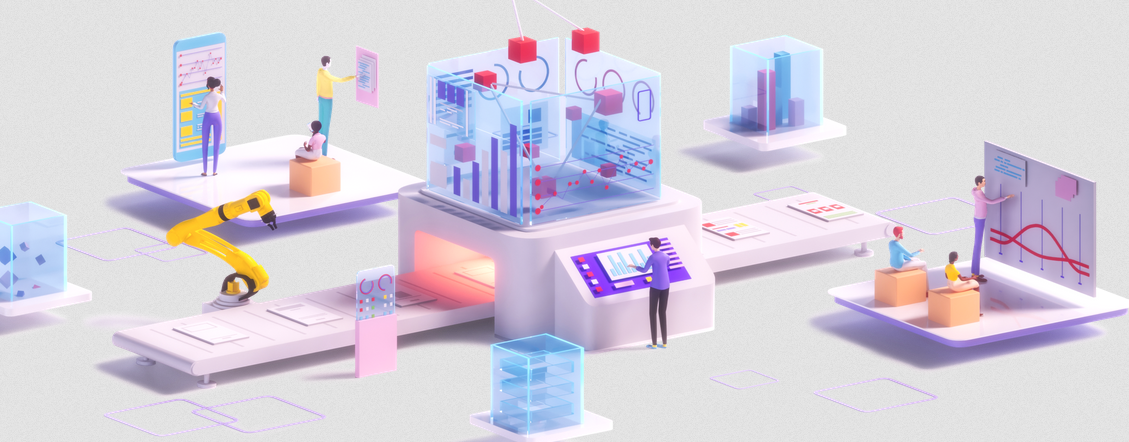Every business is unique, with its own set of goals, challenges, and workflows. Yet, many organizations struggle to adapt their operations to off-the-shelf software that often doesn’t fully meet their needs. That’s where Bespoke Software Development enters the equation.
Bespoke Software Development , also known as custom software, is precisely tailored to align with your business requirements, ensuring a perfect fit that improves efficiency and fosters growth. This article breaks down how bespoke software development provides specialized tools and why it’s increasingly becoming a trending solution for modern businesses.
Why Choose Bespoke Software Development?
Businesses today require dynamic solutions to stay ahead in a competitive market. According to recent statistics, more than 60% of enterprises report that custom software solutions improved productivity and streamlined processes, highlighting their dependency on tailored systems to outcompete rivals. Here’s why bespoke software development has gained traction:
1. Fully Customized to Meet Business Needs
Unlike generic off-the-shelf software, bespoke software is designed specifically for your business. Whether you operate in healthcare, retail, finance, or logistics, bespoke solutions cater to the unique challenges and intricacies of your operations.
For instance, data from a 2023 survey revealed that 82% of companies adopting custom software reported operational efficiency increases of up to 35% because the software fits exactly how they work.
Key Benefits:
Addresses specific business pain points.
Adapts to existing workflows rather than forcing changes.
Scales with your company as you grow.
2. Enhanced Efficiency and Productivity
Custom software eliminates redundancies by streamlining tasks and automating processes specific to your organization. This results in a reduction of manual processes, saving time and resources.
For example, a logistics company can benefit from tailor-made route optimization software that reduces delivery times by 25%, increasing overall productivity. By integrating core functionalities, bespoke solutions ensure seamless operations, leaving no room for inefficiency.
Key Benefits:
Automation of repetitive tasks.
Faster workflows with integrations built specifically for your ecosystem.
Improved collaboration through custom dashboards and tools.
3. Improved Customer Experience
Customer-centric industries, such as e-commerce and healthcare, thrive when they deliver tailored user experiences. Bespoke software enables businesses to provide personalized experiences for their customers, from user-friendly apps to efficient CRM systems.
For instance, companies that personalize their customer interactions using bespoke systems can boost customer retention by 50%, according to research by Bain & Company.
Key Benefits:
Deliver tailored services to customers.
Enhance responsiveness and engagement.
Build brand loyalty through seamless customer interactions.
4. Greater Flexibility and Scalability
Off-the-shelf software comes with limitations. It might not allow your business to accommodate the demands of evolving industries. Bespoke software is different—it evolves with you. Whether you’re adding users, new features, or modifying functionality, bespoke solutions grow alongside your business.
Key Benefits:
Freedom to scale without technical constraints.
Flexibility to implement new features as needs change.
Future-proof your software by keeping up with technological advancements.
5. Higher Security Standards
Pre-packaged software is often a target for cybercriminals because it’s widely used and its vulnerabilities are familiar. Bespoke software, on the other hand, is inherently built with custom security protocols that align with your business’s specific needs. This focus on security minimizes risks, ensuring your operations remain protected.
Key Benefits:
Protect sensitive data with tailored security measures.
Stay compliant with industry standards like GDPR, HIPAA, etc.
Reduce the risks of breaches often seen with public software.



